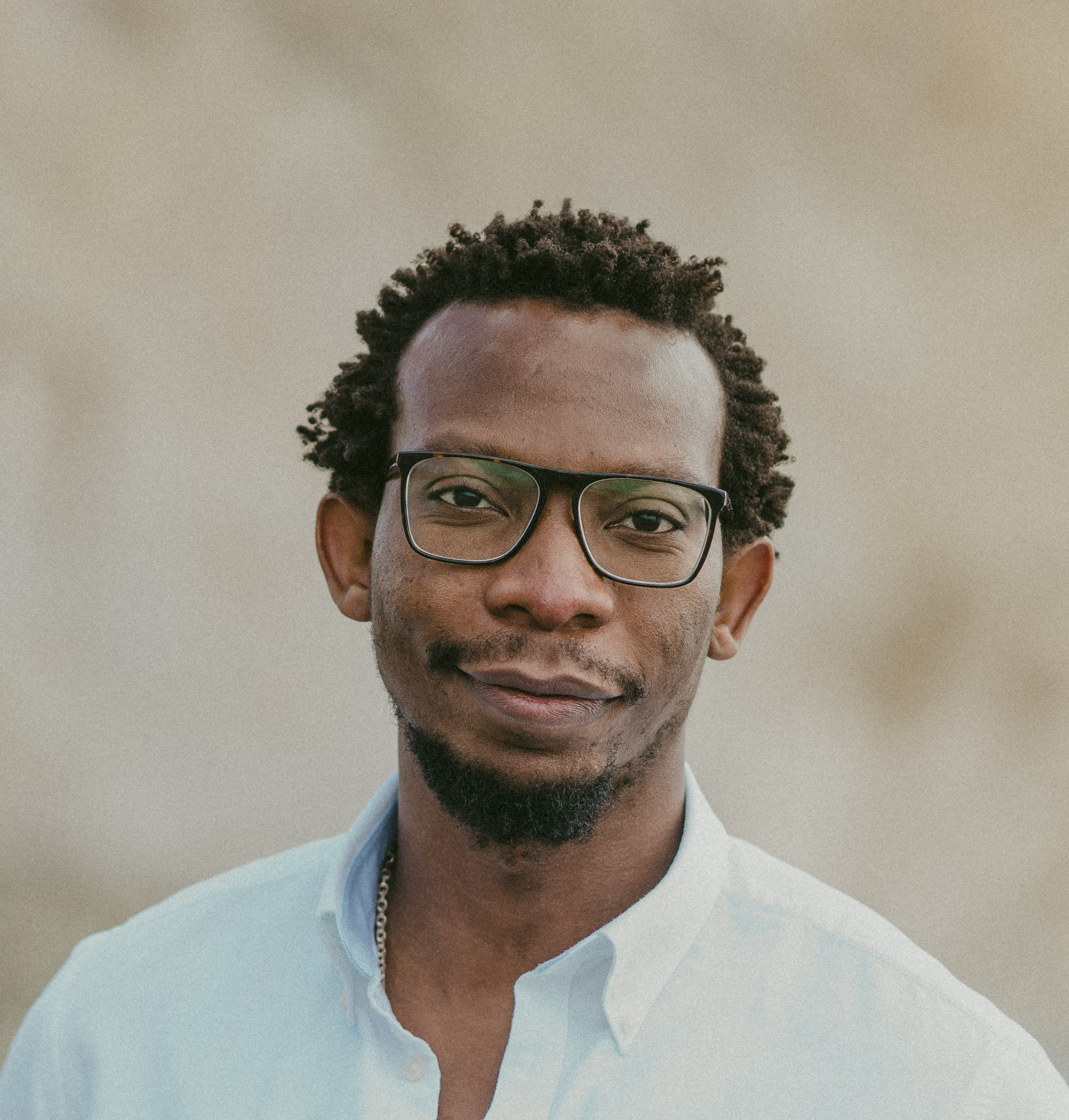
- This event has passed.
ESE Seminar: “Physics-Driven Sensing and Processing: From Computational Periscopy to Particle Beam Microscopy”
February 21, 2019 at 11:00 AM - 12:00 PM
In many areas of science and engineering, novel signal acquisition methods allow unprecedented access to physical measurements. From digital cameras to microscopes and nano-scale biosensors, the data generated are shaped by both the underlying physics of the phenomena and characteristics of the acquisition device. Meanwhile, in many practical scenarios, the useful signals are remarkably weak, the measurements sparse, or even the acquisition process itself may damage the observed sample. These realities therefore necessitate the development of techniques that combine signal processing with physics-driven modelling to transcend current capabilities and enable, for instance: imaging of hidden scenes (or computational periscopy), the algebraic inversion of physical fields, and the reduction of sample damage in particle beam microscopy.
This concept of combining physics with signal processing will be the main theme of my talk. First, I will show that computational periscopy with ordinary digital cameras can be made possible by judiciously exploiting the physics of light transport to analyze subtle shadows, in a photograph of a visible surface. Second, I will briefly present an algebraic inversion method for fields constrained by partial differential equations and highlight its application to load-balancing in processors. Finally, by developing a detailed model and analysis for particle beam microscopy, I will show how introducing time-resolution into the acquisition process can significantly reduce beam dose, and sample damage, without compromising on imaging quality.

John Murray-Bruce
Postdoctoral Research Associate of Computational Imaging, Boston University
Dr. Murray-Bruce is currently a postdoctoral researcher with the electrical and computer engineering department at Boston University. Prior to that, he was at Imperial College London, where he received the M.Eng. degree in 2012 and the Ph.D. degree supervised by Prof. Pier Luigi Dragotti in December 2016, both in electrical and electronic engineering. Whilst at Imperial, he was awarded the Maurice Hancock Prize in 2008, and the Institute of Engineering and Technology (IET) Prize for ‘best all-round performance’ in 2012.
